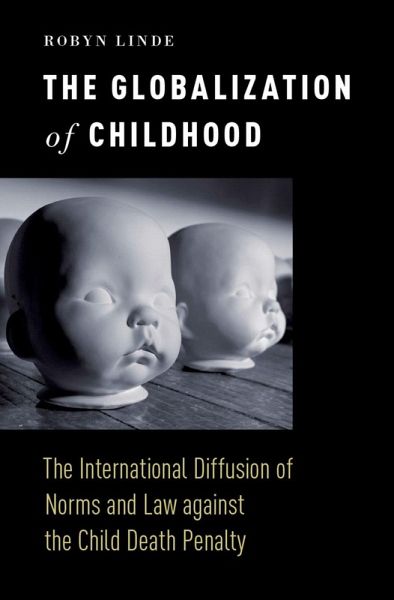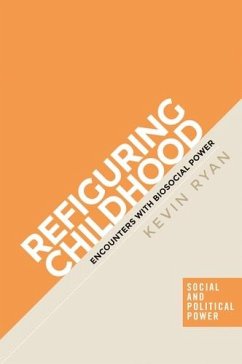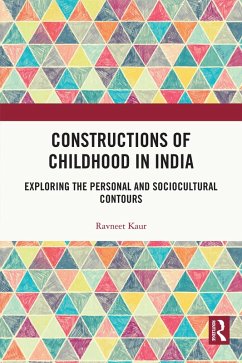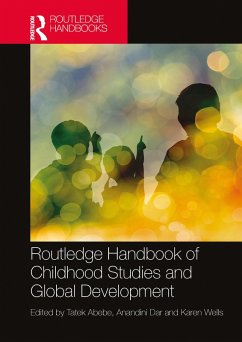
The Globalization of Childhood (eBook, ePUB)
The International Diffusion of Norms and Law against the Child Death Penalty

PAYBACK Punkte
19 °P sammeln!
How does an idea that forms in the minds of a few activists in one part of the world become a global norm that nearly all states obey? How do human rights ideas spread? In this book, Robyn Linde tracks the diffusion of a single human rights norm: the abolition of the death penalty for child offenders under the age of 18. The norm against the penalty diffused internationally through law--specifically, criminal law addressing child offenders, usually those convicted of murder or rape. Through detailed case studies and a qualitative, comparative approach to national law and practice, Linde argues...
How does an idea that forms in the minds of a few activists in one part of the world become a global norm that nearly all states obey? How do human rights ideas spread? In this book, Robyn Linde tracks the diffusion of a single human rights norm: the abolition of the death penalty for child offenders under the age of 18. The norm against the penalty diffused internationally through law--specifically, criminal law addressing child offenders, usually those convicted of murder or rape. Through detailed case studies and a qualitative, comparative approach to national law and practice, Linde argues that children played an important--though little known--role in the process of state consolidation and the building of international order. This occured through the promotion of children as international rights holders and was the outcome of almost two centuries of activism. Through an innovative synthesis of prevailing theories of power and socialization, Linde shows that the growth of state control over children was part of a larger political process by which the liberal state (both paternal and democratic) became the only model of acceptable and legitimate statehood and through which newly minted international institutions would find purpose. The book offers insight into the origins, spread, and adoption of human rights norms and law by elucidating the roles and contributions of principled actors and norm entrepreneurs at different stages of diffusion, and by identifying a previously unexplored pattern of change whereby resistant states were brought into compliance with the now global norm against the child death penalty. From the institutions and legacy of colonialism to the development and promotion of the global child--a collection of related, still changing norms of child welfare and protection--Linde demonstrates how a specifically Western conception of childhood and ideas about children shaped the current international system.
Dieser Download kann aus rechtlichen Gründen nur mit Rechnungsadresse in A, B, BG, CY, CZ, D, DK, EW, E, FIN, F, GR, HR, H, IRL, I, LT, L, LR, M, NL, PL, P, R, S, SLO, SK ausgeliefert werden.













